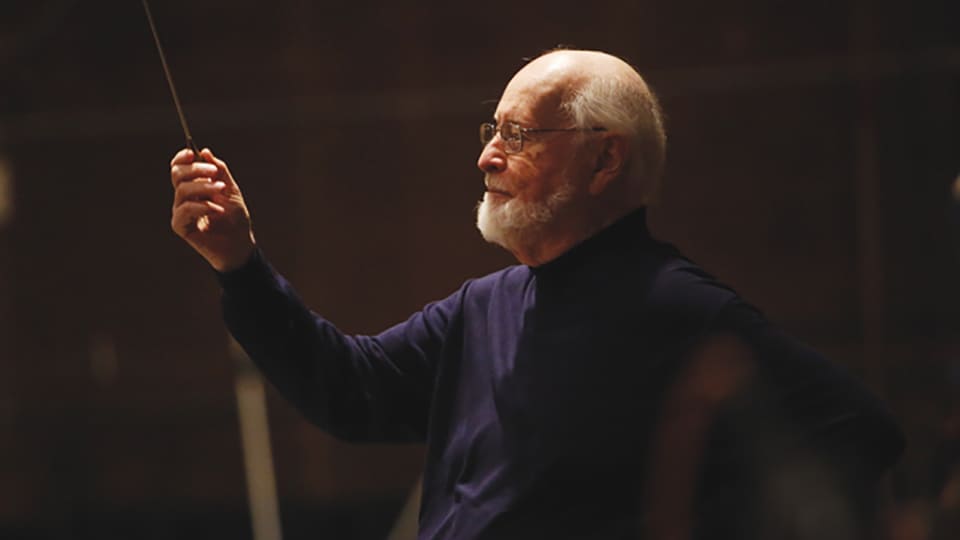
What makes a movie memorable? Is it the writing of the script? Is it the performance of the actors? Is it the cinematography, CGI, or set design? In truth, every single one of these items contributes to the lasting impression a good movie or show can leave. The directing, camera shots, and acting all play an incredibly important role in how a movie is produced and finalized into a finished product. However, there is one role within a movie that often gets overlooked or doesn’t get as much credit as it deserves. I’m talking about the ever-important role of the movie score!
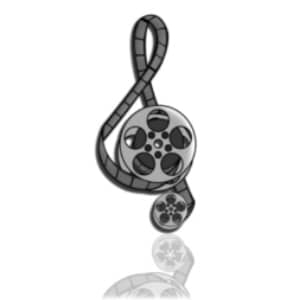
Have you ever heard a song and gotten goosebumps? Have you ever heard a song from a movie and it instantly transports you back to the scene you know it from? This is the magic of a well-incorporated score. I would like to open this to more than just movies. One of the scores that really sticks out to me is that of the world-renowned TV series Game of Thrones. If you are able to tear your eyes away from the handsome actors and beautiful actresses and listen to the music, you will hear familiar melodic choruses, moving and manipulating the emotion of the scene depending on what is happening, or about to happen, in the show.
Take the Stark family theme, for example. The long, slow movements of the violin almost always incur tears of sorrow, due to their misfortune throughout most of the show. The only time it can be conceived as positive is when one family member meets up with another. It is a familiar tune we’ve become accustomed to hearing and are able to almost subconsciously know the direction the scene is going based on if we hear it or not.
For another example, listen to the Lannister theme. This is a some-what jovial tune that can be transitioned to incredibly sinister with the simple change of pace (and timing). Typically, it is heard once the Lannisters have been victorious, or carried out some evil scheme (*ahem*, Season 3 anyone?). Once again, it is a tune we became familiar with that almost provides us with a premonition of what is about to happen. The viewers themselves become the Three-eyed Crow, instinctively and subconsciously expecting what will happen next (see what I did there?).
All of this is to say that the importance of a seemingly simple instrumental collaboration is unequal to any other part of a production in portraying the director’s vision on-screen. Music has an amazing ability to turn a sad scene, into a tear-jerking scene. Or an action sequence, into a curse-word inducing fun time.
If you would like to hear a compilation of some of the best of Game of Thrones click the link below:
The other fun aspect of all of this is how you are able to tell who composed a specific movie without looking it up. Many of you may not know the name John Williams (am I aging myself yet?) but many of you will recognize the movies Star Wars, E.T. The Extra-terrestrial, Jaws, Jurassic Park, Indiana Jones, Superman, etc. If you listen to each of these individual soundtracks, you will hear raucous horns (trumpets) that mimic that of Gustav Holst’s’ The Planets. Each soundtrack, respectively, carries an impressive single melody, and builds from there, typically beginning with the trumpet. If you listen to Batman by Danny Elfman, you will hear a quieter approach to a single melody, with a build-up of several instruments instead of relying on one. *Fun fact about Danny Elfman, he was in a rock band called Oingo Boingo and had never composed a movie until Tim Burton asked him to write the music for The Nightmare Before Christmas, which he also sang as Jack Skellington! He has since composed over 100 feature film scores, including 16 Burton-directed films. (Wikipedia, “Danny Elfman,” n.d.)
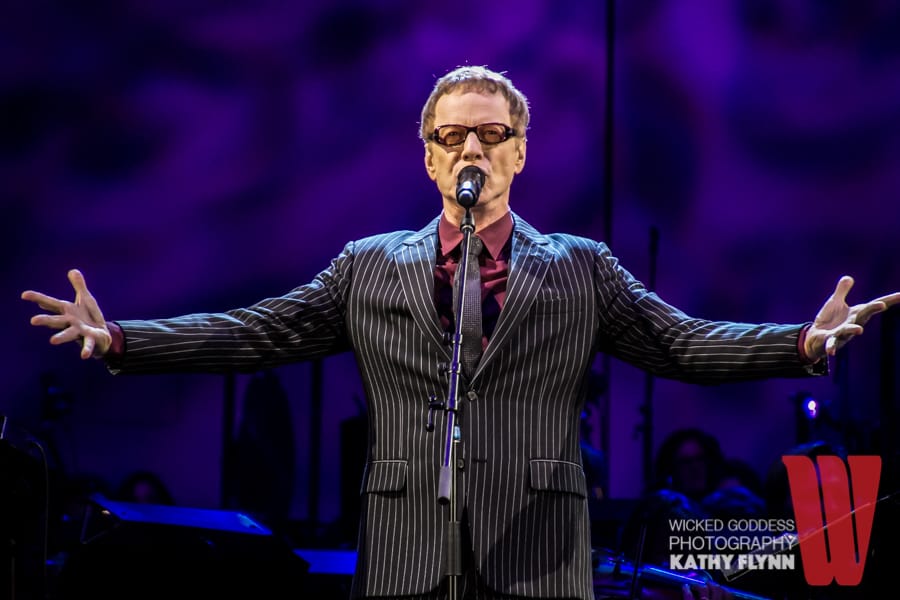
The final example I would like to provide is that of the beautiful Marvel cinematic universe. Ramin Djawadi (who did Game of Thrones) opened us up with Iron Man. (I would love for anyone to spot the similarities in those soundtracks- they are there!) Only one composer did a total of 4 of those movies, which is the most done by one single composer in that entire universe! That composer is Alan Silvestri, who also composed one of the most hummable and enjoyable soundtracks in the 80s which is Back to the Future. Michael Giacchino even had a hand in the Marvel universe (he also did the new Star Trek films and Jurassic World.) All in all, there were 14 different composers, including Henry Jackman (UNCHARTED 4 THEME!!) that had a hand in the Marvel movies. However, there was always 1 Music Supervisor for them all, being Dave Jordan. This is the magic and marvel (HA) of movie scores. Not only is it a seemingly small world in TV and film making, but each one of these composers was able to reference the work of another MCU composer, to retain a similar sound throughout, all while properly providing an individual theme per the respective main character of that movie. How amazing is that?!
For a compilation of some of the many songs throughout the Marvel Universe check out the link below:
I hope this sparks a curiosity in someone to perk up when watching a new (or old!) TV show or movie to listen to the beauty behind the visuals. The magic in scores is emphasizing the meaning behind every scene and connecting a theme with a completely curated world. No other part of a movie or TV show allows you to connect so immediately to that world, than simply listening to a theme. Perhaps you are a person that doesn’t pay attention to that at all, which is completely common! I do, however, urge you to begin to listen even a little bit, to allow the world of a show or movie you love to open up that much more for you. I promise you won’t regret it.
What movie score transports you back to a particular movie? Feel free to leave your comments below.
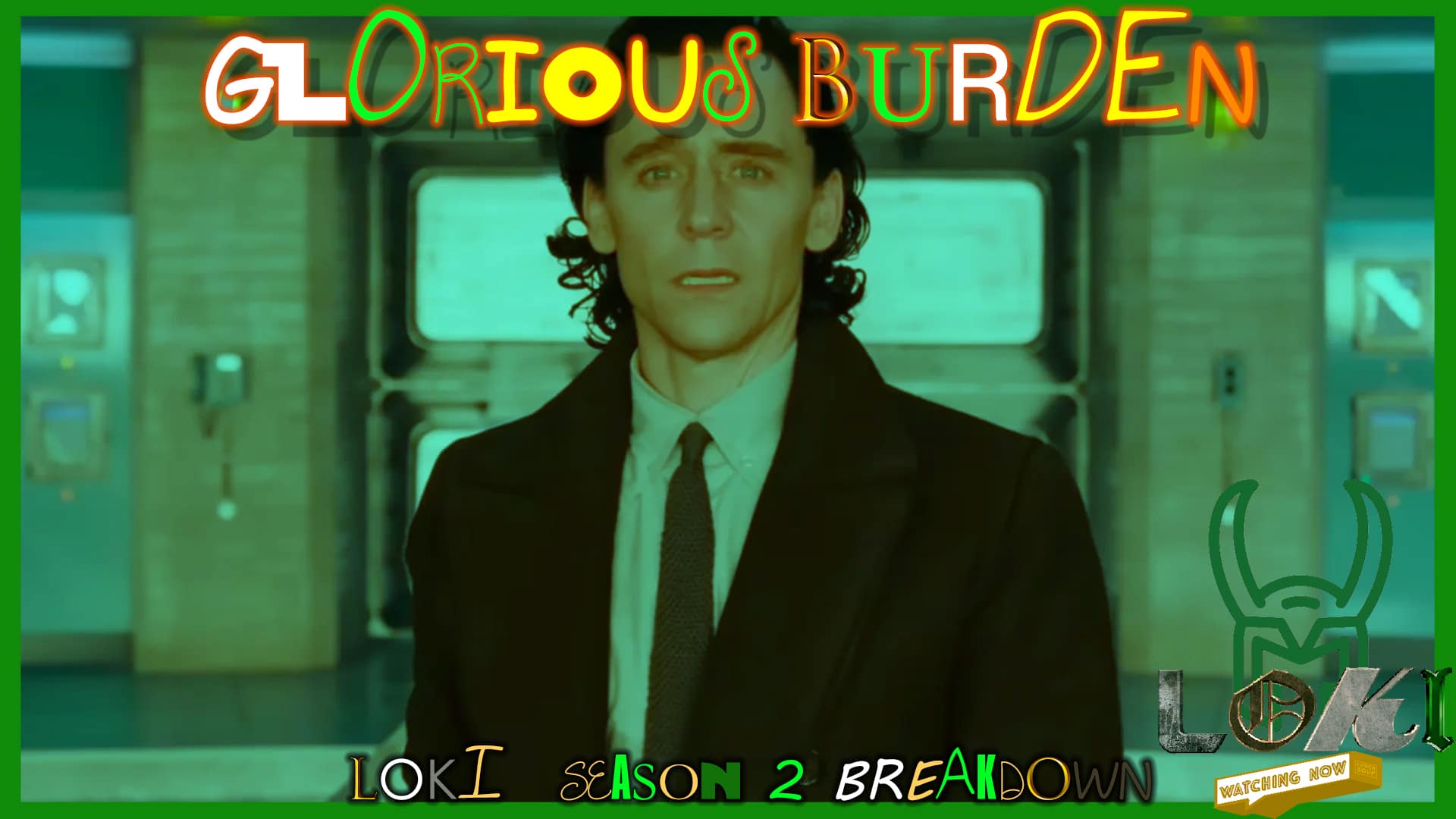
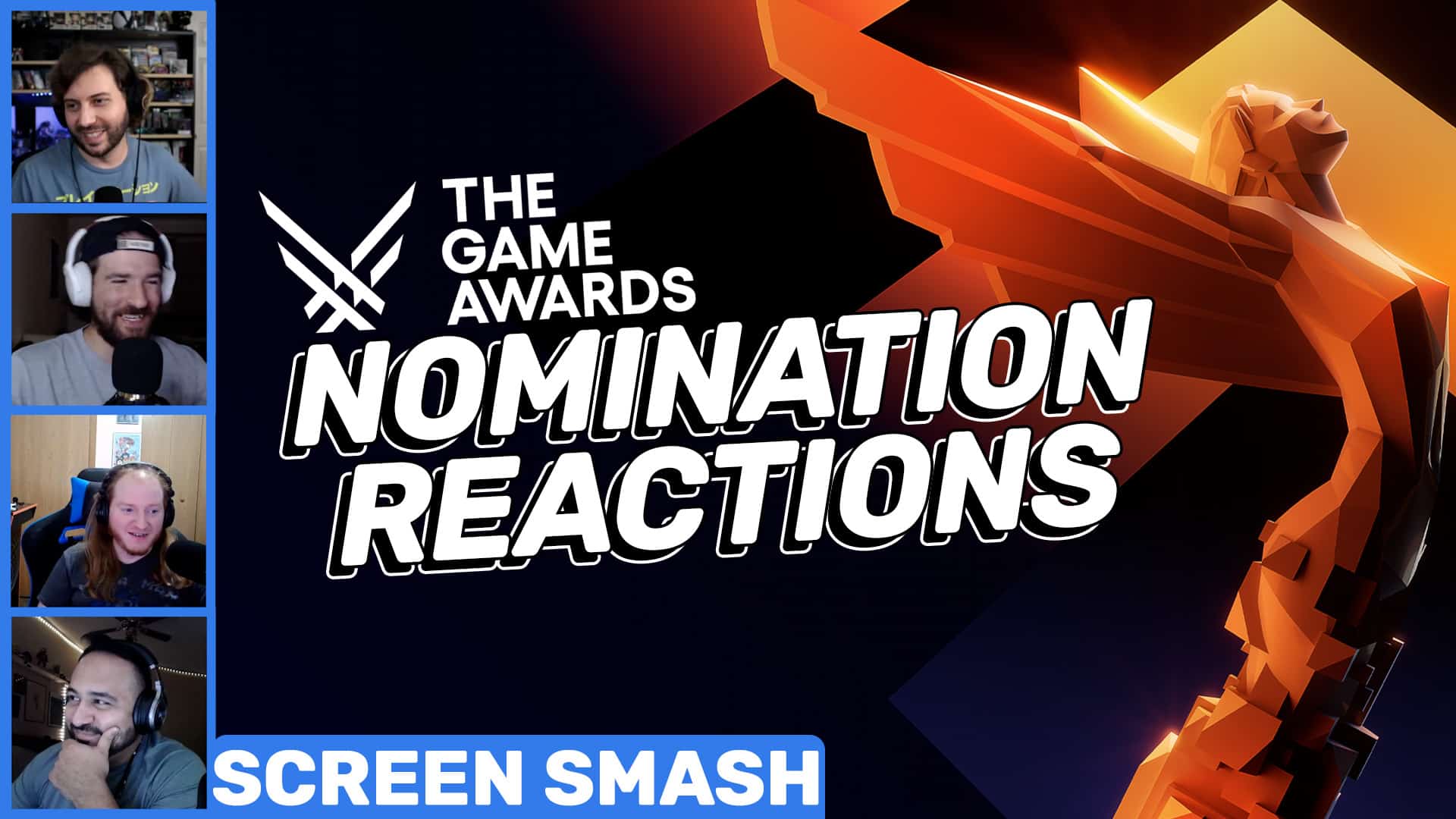
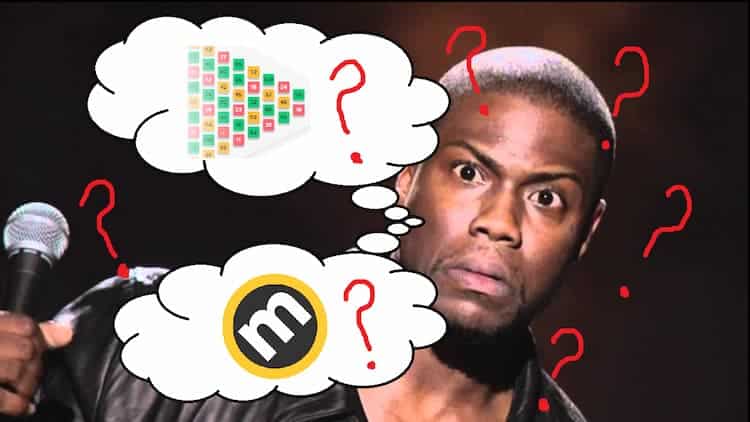
My personal Mount Rushmore of musicians is: Paul McCartney, Eddie Van Halen, and John Towner Williams. I’ve had the privilege of seeing him conduct several times over the years; his music is just tremendous, and through the reach of cinema is rightly the soundtrack of the last half century of human civilization. The attention to every emotional beat….. the main titles to Star Wars are in Bb Major because that’s the same key as the 20th Century Fox fanfare, so it’s one continual experience for the audience; the structural similarities of the themes for Rey and Kylo Ren. I could spend hours talking about this stuff.
At one point in my life I had close to 300 film scores on CD. I have the full orchestral sheet music for the suites for Star Wars and Jaws; the idea is to copy several pages with iconic melodies from various pieces and frame them for the wall.
Music is win.
This…is amazing. We need to sit down and chat more haha I LOVE the idea of the sheet music suites with iconic melodies framed. As the article says, I am a massive John Williams ‘groupie.’ It would be a dream of mine to watch him conduct in person. What amazing experiences you have, and the Bb major aspect of Star Wars- he’s a genius!